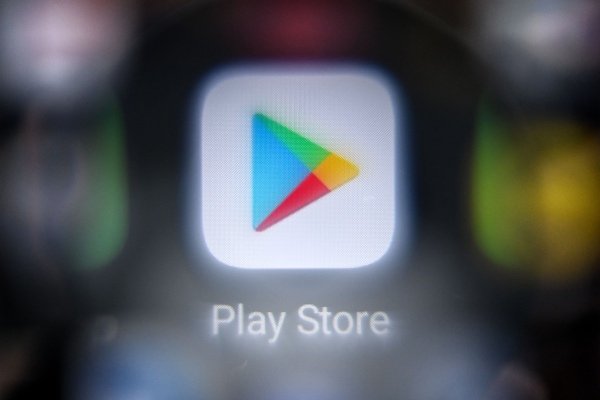
Google’s decision to restrict certain types of apps from accessing user data may help to empower borrowers and deter predatory behavior by lenders. Byexcluding certain categories of apps from access to sensitive user data, Google is able to align its policies more closely with consumer interests. This initiative should help put an end to the scandalous practice of some loan providers harassing borrowers in order to amass wealth off their personal information.
The update from Google is meant to cut down on the amount of access apps have to data that could be harmful or embarrassing if it fell into the wrong hands. The updated policy affects only those apps that are built for Android, so there will still be plenty of options for users when searching for personal loans and other financial services.
Apps that provide personal loans, or have the primary purpose of facilitating access to personal loans, are prohibited from accessing sensitive data, such as photos and contacts. This is in line with the company’s policy of limiting access to sensitive information by third-party apps.
Critics of the mobile app credit system allege that these methods are rapidly spiraling out of control. Debt collectors have been known to harass borrowers in an attempt to coerce repayment, and some have resorted to tactics such as discovering personal photos or contacting loved ones in order to intimidate them into paying. In many cases, this intimidation has caused those in debt hardship enough that they have taken their own lives. While there is no evidence suggesting that the entire mobile app credit system is inherently harmful, there is certainly cause for concern as this trend rapidly increases.
Google’s move to ban unlicensed loan apps from the Play Store has been well received by market regulators and law enforcement agencies, who have long been campaigning for such measures. This move is likely to prevent unethical and illegal practices associated with these apps, while also providing ease of access to licensed lenders.
Google has made it mandatory for non-banking financial companies in Pakistan to have only a single digital lending app on the Play Store in order to ensure that their products are safe and compliant with its licensing requirements. This move is likely aimed at reducing the number of fraudulent personal loans being offered through unlicensed apps.
Google is strictly enforcing its policy against developers publishing more than one DLA per NBFC. Developers who disregard this rule risk losing their account and any associated accounts, including Google AdWords and other advertising opportunities. This regulation is likely designed to keep allocating costs between different advertisers evenly, preventing any single advertiser from gaining an unfair advantage over the competition.
The Android maker has been criticized in the past for not taking strong measures against predatory loan apps. As a response, the company introduced policy updates in markets including India, Indonesia, Nigeria, Kenya and the Philippines. The updated policies prohibit lenders from targeting low-income communities with unfair credit terms and requiring high down payments from borrowers. Additionally, the companies banned unauthorized extensions and increases to interest rates without prior notification.








